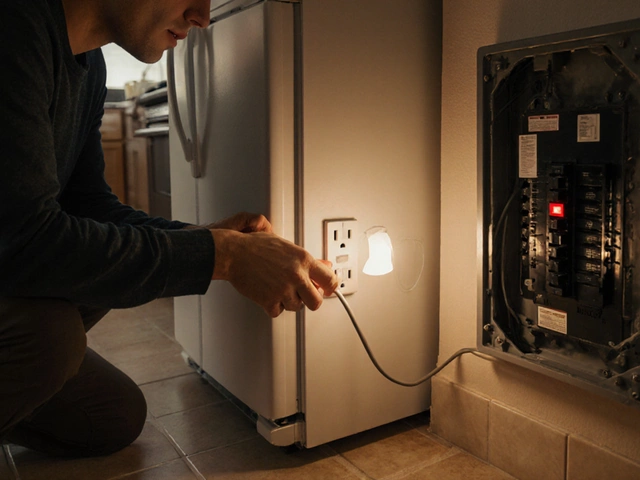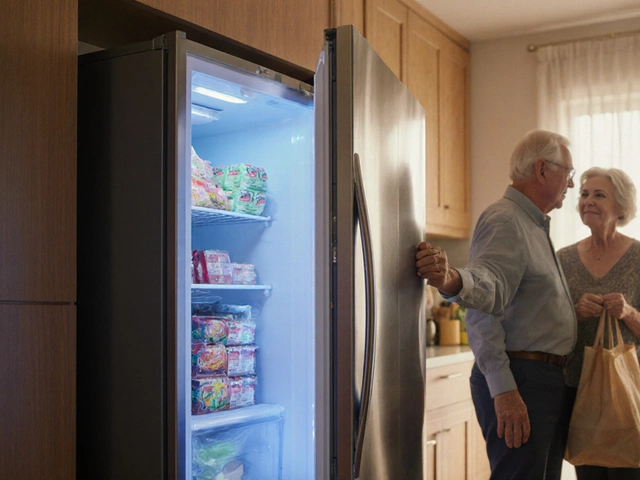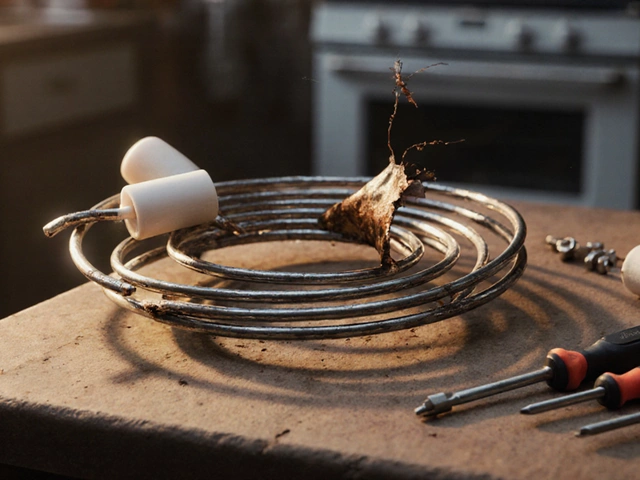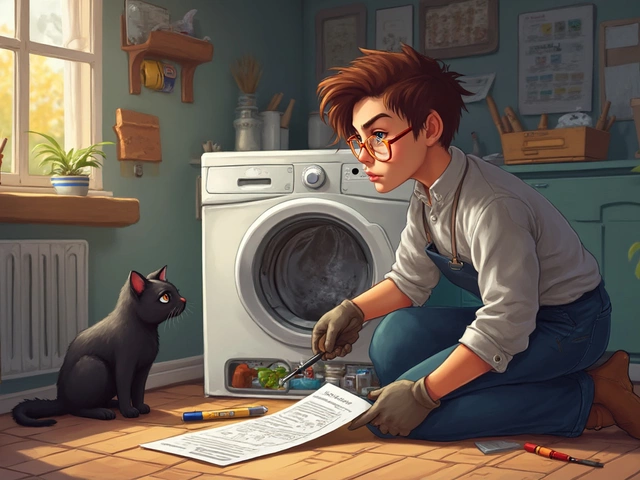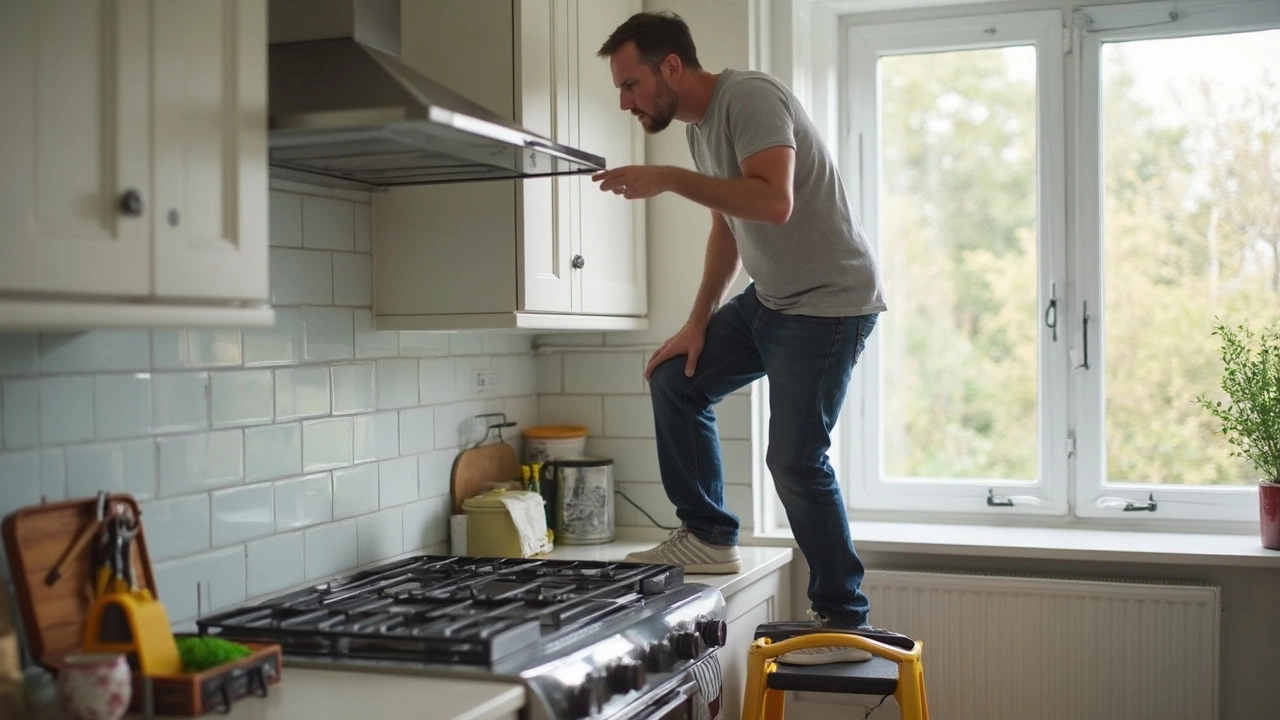When Should You Replace an Appliance Instead of Repairing It?
You've got a noisy boiler, a cracked glass hob, or an oven that just won't heat. The first question that pops up is: fix it or buy a new one? Deciding can feel like a gamble, but a few simple checks can clear the fog.
Check the age and typical lifespan
Most appliances have a life expectancy that manufacturers and users agree on. A boiler usually lasts 10‑15 years, a glass hob about 12‑15, and a standard oven around 10‑12. If your device is hitting or has passed that milestone, replacement becomes a realistic option. Older units also tend to be less energy‑efficient, meaning you could be paying more on your bills every month.
Look at the repair cost versus the price of a new unit
Rule of thumb: if a repair costs more than 50 % of what a new appliance would cost, think about replacing. For example, fixing a cracked glass hob can run £150‑£250, while a brand‑new hob starts at about £400. The same logic applies to boilers – a major part replacement can be £800, yet a new boiler package often starts near £1,200. Add installation fees and you’ll see why replacing sometimes saves money in the long run.
Besides the number, ask yourself how often the item needs fixing. If you’ve called a technician multiple times in the past year, the recurring costs add up fast. Frequent breakdowns also signal that the appliance is wearing out and may cause bigger problems later.
Consider safety and efficiency
Old boilers can leak carbon monoxide, and cracked hobs can expose heating elements, both unsafe for a home. Modern replacements are built with safety switches and better insulation, cutting down risks. Energy‑star rated appliances use less electricity or gas, helping the planet and your pocket.
When you choose a new product, look for features that match your needs. A newer boiler might offer smart thermostats, and a glass hob may have quicker heat‑up times. These upgrades can make everyday chores smoother and cheaper.
How to make the switch smooth
First, get a few quotes from reputable repair services and compare them with replacement offers. Ask about disposal fees – many installers will take away the old unit for a small charge. Schedule the installation during a low‑traffic time at home so you’re not left without hot water or a working oven for too long.
Don’t forget to recycle or properly dispose of the old appliance. Some local councils run free collection days for large items, and many retailers will recycle parts for you.
Bottom line: use age, cost, safety, and frequency of repairs as your guide. If the numbers tip toward a new purchase, go for it – you’ll avoid future headaches and likely save money over time.
Need help deciding? Our technicians in Rugby can inspect your appliance, give you a clear repair quote, and recommend the best replacement options. Call us today and get a fast, honest answer.
